How can a health insurance 'exclusion' affect your coverage?

Exclusions are specific conditions or treatments that the policy will not cover.
What is the difference between individual and family health insurance plans?

Family health insurance plans cover more than one person, usually including the policyholder's spouse and children.
What should you do if your health insurance claim is denied?
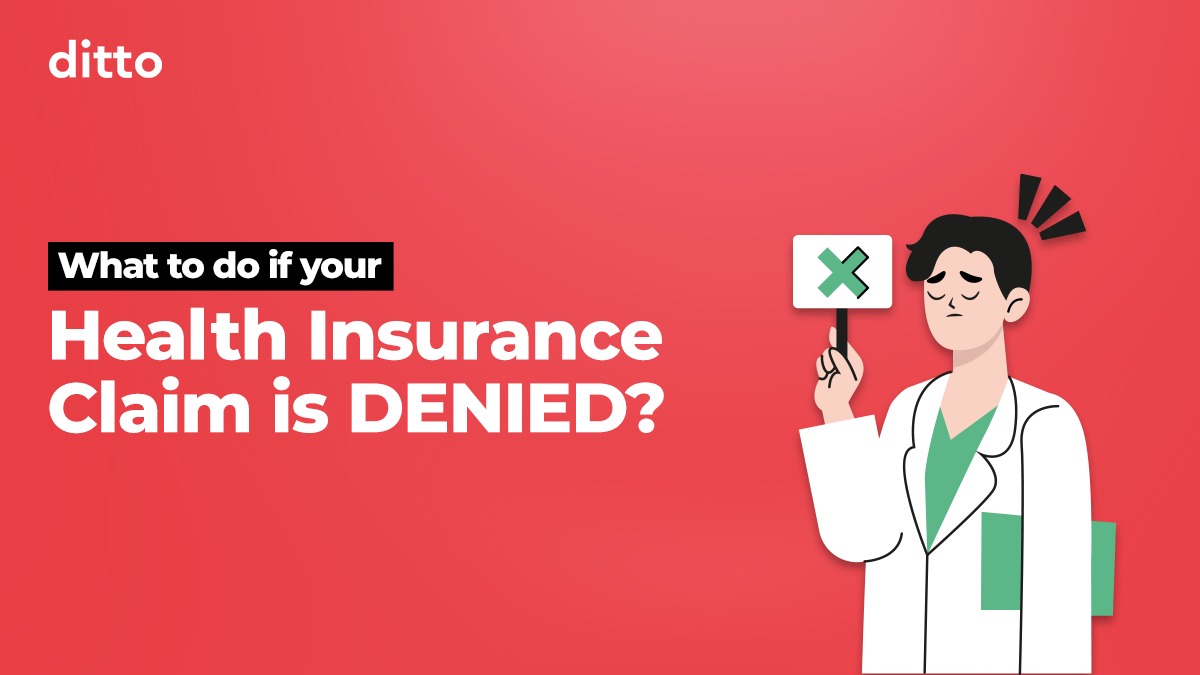
If a claim is denied, it's important to understand the reason and consider filing an appeal if you believe it was unjust.
What does the term 'premium' refer to in a health insurance policy?

The premium is the regular payment you make to keep your health insurance active.
What is the purpose of an insurance broker when purchasing health insurance?

Insurance brokers help you navigate different policies to find one that best suits your needs.
What does 'in-patient care' include?

In-patient care includes treatments and procedures that require staying in the hospital overnight.
How does a health insurance 'no-claims discount' work?

A no-claims discount reduces your premium if you haven't made any claims during a specified period.
Why is it important to disclose all medical history when applying for health insurance?

Failing to disclose medical history can result in claims being denied or the policy being voided.
What factor can affect the cost of your health insurance premium?

Factors such as age, pre-existing conditions, and overall health can influence the cost of your premium.
What is typically not covered by a health insurance policy?

Most health insurance policies do not cover elective cosmetic surgeries.
What is the main role of a General Practitioner (GP) in the UK?

GPs are typically the first point of contact for healthcare and can refer patients to specialists if needed.
What is the purpose of 'critical illness cover'?
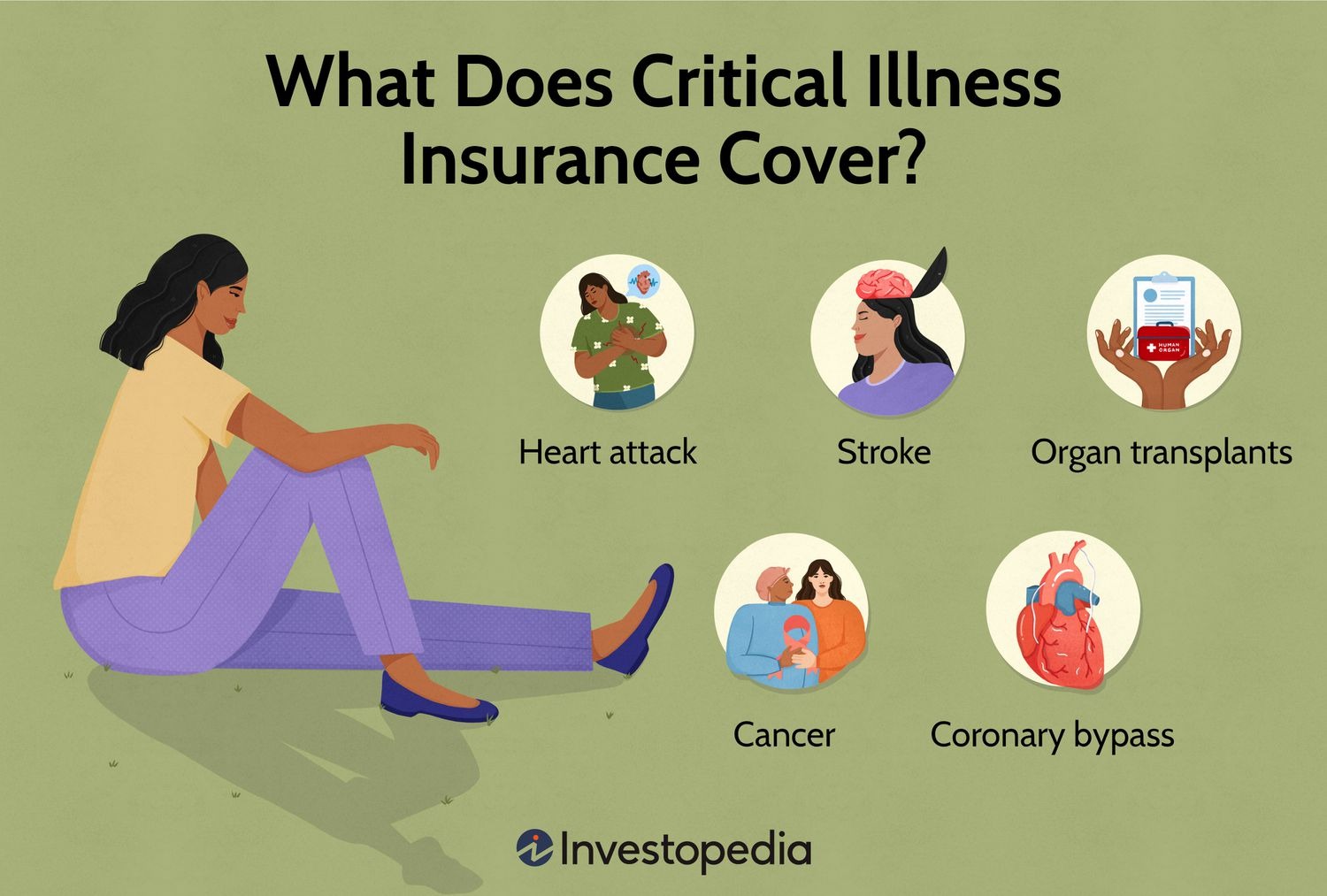
Critical illness cover provides financial support if you're diagnosed with a specified serious illness, helping to cover treatment costs or living expenses.
What does the term 'excess' mean in a health insurance policy?
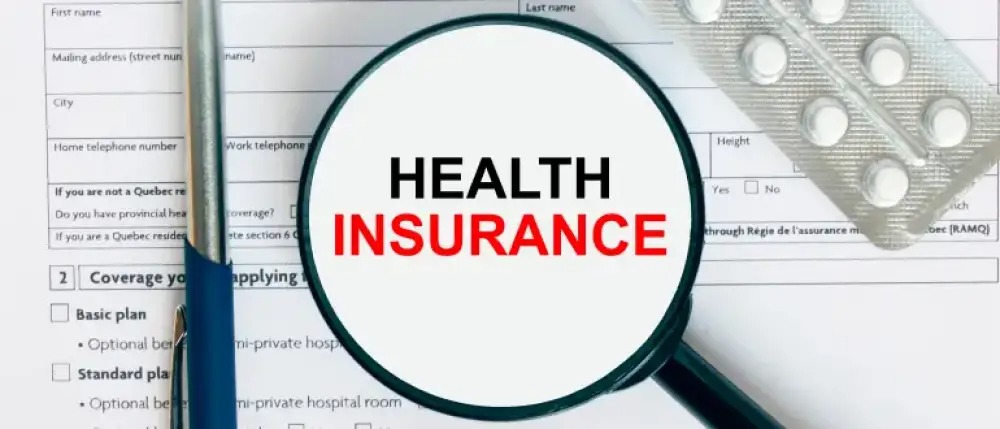
Excess refers to the portion of the cost you must pay upfront before your insurance policy begins to pay for a claim.
What is a 'pre-existing condition' in health insurance terms?
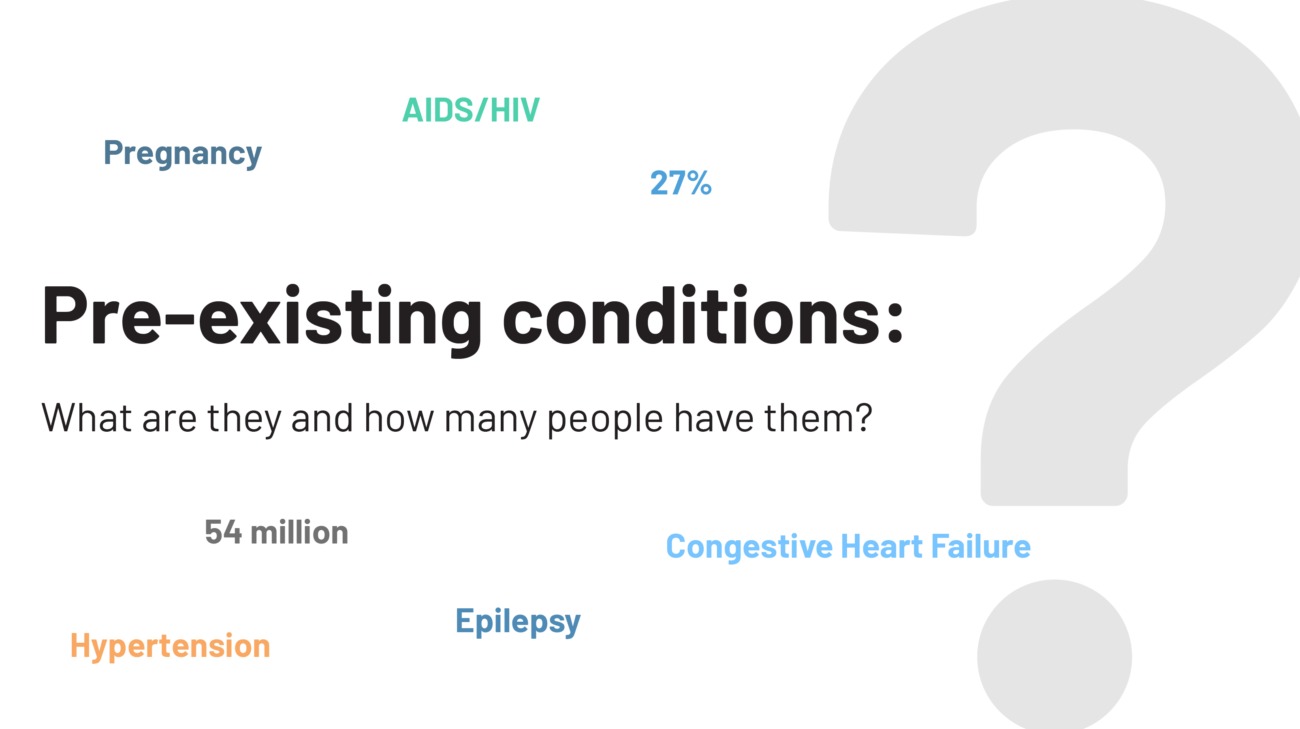
A pre-existing condition is any illness or health issue that existed before you applied for health insurance.
Why might someone choose to add a dental plan to their health insurance?

Dental plans cover treatments and check-ups, which are often not included in standard health insurance.
What is the main benefit of having private health insurance in the UK?

Private health insurance typically offers faster access to specialists and treatments compared to the NHS.
What is the benefit of having an international health insurance plan?

International health insurance provides coverage in multiple countries, which is beneficial for frequent travelers or expatriates.
Which of the following is typically covered by a standard health insurance policy?
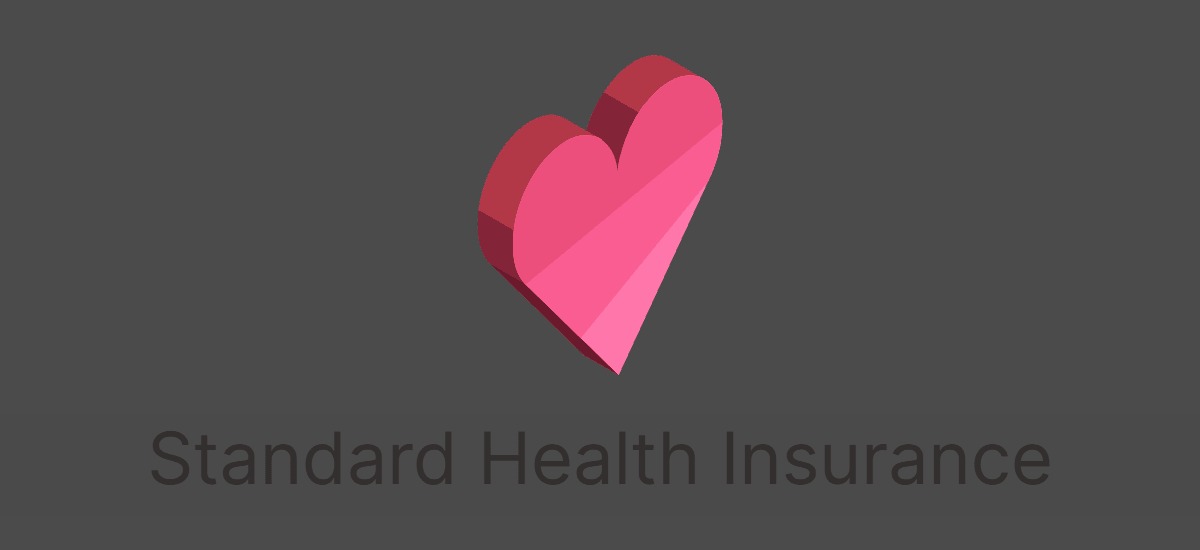
Standard health insurance often includes private GP appointments but may not cover emergency care or cosmetic surgery.
What does the term 'out-patient care' refer to?

Out-patient care includes medical procedures or tests that don't require an overnight stay in a hospital.
How often should you review your health insurance policy?

Reviewing your health insurance policy annually helps ensure it still meets your needs and budget.
Health insurance is a critical component of financial planning and personal well-being. It provides a safety net that protects individuals and families from the high costs associated with medical care, ensuring that they can access necessary treatments without facing overwhelming financial burdens. In today’s complex healthcare environment, there are numerous health insurance plans available, each with its own set of benefits, costs, and network of providers. Navigating this landscape can be daunting, especially when trying to select the plan that best suits your unique needs.
Also Read: The Importance of Life Insurance for Young Families
Understanding Health Insurance Basics
Health insurance is a contract between you and an insurance company, where you pay regular premiums, and in return, the insurer helps cover your medical expenses. Understanding the basic concepts of health insurance is essential for choosing the right plan. The most important terms include premiums, deductibles, copayments, coinsurance, and out-of-pocket maximums. Premiums are the amount you pay regularly to maintain your insurance coverage.
Deductibles refer to the amount you must pay out of pocket before your insurance starts covering expenses. Copayments are fixed amounts you pay for specific services, like doctor visits or prescriptions, while coinsurance is the percentage of costs you share with the insurance company after meeting your deductible. The out-of-pocket maximum is the most you will pay in a year, after which the insurance covers 100% of your covered expenses.
Factors to Consider When Choosing a Health Insurance Plan
Choosing the right health insurance plan involves carefully considering several factors that align with your healthcare needs, financial situation, and lifestyle. One of the most important aspects is assessing your coverage needs. For instance, if you are choosing a plan for yourself, your requirements may differ significantly from those of a family. A family plan needs to account for the health needs of multiple people, which may include coverage for pediatric care, maternity services, or specialist visits.
Cost is another critical factor when selecting a health insurance plan. This includes not only the monthly premiums but also the out-of-pocket costs you may incur, such as deductibles, copayments, and coinsurance. It is important to balance these costs with the level of coverage provided. Plans with lower premiums often come with higher deductibles, which means you will pay more out of pocket before the insurance begins to cover
Comparing Health Insurance Plans
When comparing health insurance plans, it’s essential to thoroughly evaluate the options to ensure that you choose the best coverage for your needs. One of the first steps in this process is to use comparison tools and resources, such as online websites or state and federal health insurance marketplaces. These platforms allow you to compare different plans side by side, making it easier to assess their costs, benefits, and network coverage.
Understanding the Summary of Benefits and Coverage (SBC) is crucial during the comparison process. The SBC is a standardized document that outlines the key features of a health insurance plan, including what is covered, the costs you will be responsible for, and any limitations or exclusions. Reviewing this document helps you identify the aspects of the plan that are most important to you, such as coverage for specific medical services or access to a broad network of healthcare providers
Making the Final Decision
After thoroughly evaluating and comparing your health insurance options, it’s time to make a final decision. This step involves weighing the pros and cons of each plan you’ve considered, taking into account factors such as coverage, cost, network availability, and any additional benefits. Think about how each plan aligns with your healthcare needs, both immediate and long-term, and how it fits within your budget.
It’s also important to consult with an insurance advisor or broker if you’re uncertain about your choice. These professionals can provide personalized guidance, helping you understand the nuances of different plans and how they may impact you or your family. They can also clarify any confusion about specific terms or conditions that might not be immediately apparent.
Managing Your Health Insurance Plan
Once you have chosen and enrolled in a health insurance plan, effectively managing it is key to maximizing its benefits and ensuring you get the care you need. Start by familiarizing yourself with the details of your plan, including understanding how and when to seek care. Knowing which services are covered and whether you need prior authorization or referrals for certain types of care can prevent unexpected costs. It’s also important to keep track of your deductibles, copayments, and out-of-pocket maximums throughout the year, as this will help you manage your healthcare expenses more effectively.
Conclusion
Choosing the right health insurance plan is a crucial decision that impacts your financial security and access to healthcare. By understanding the basics of health insurance, considering key factors like coverage, costs, and provider networks, and carefully comparing different plans, you can make an informed choice that best suits your needs. It’s important to remember that the process doesn’t end once you’ve selected a plan; ongoing management is essential to ensure you’re using your insurance effectively and getting the most out of your coverage.
